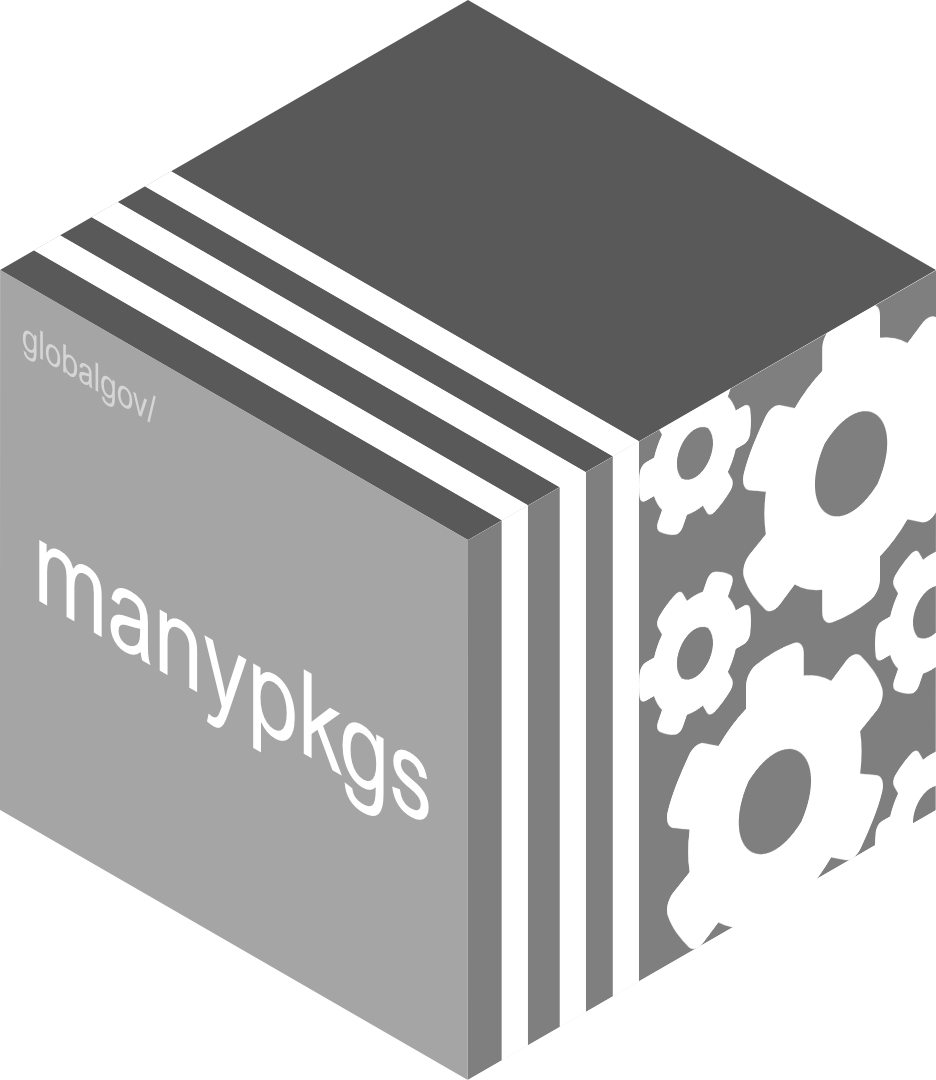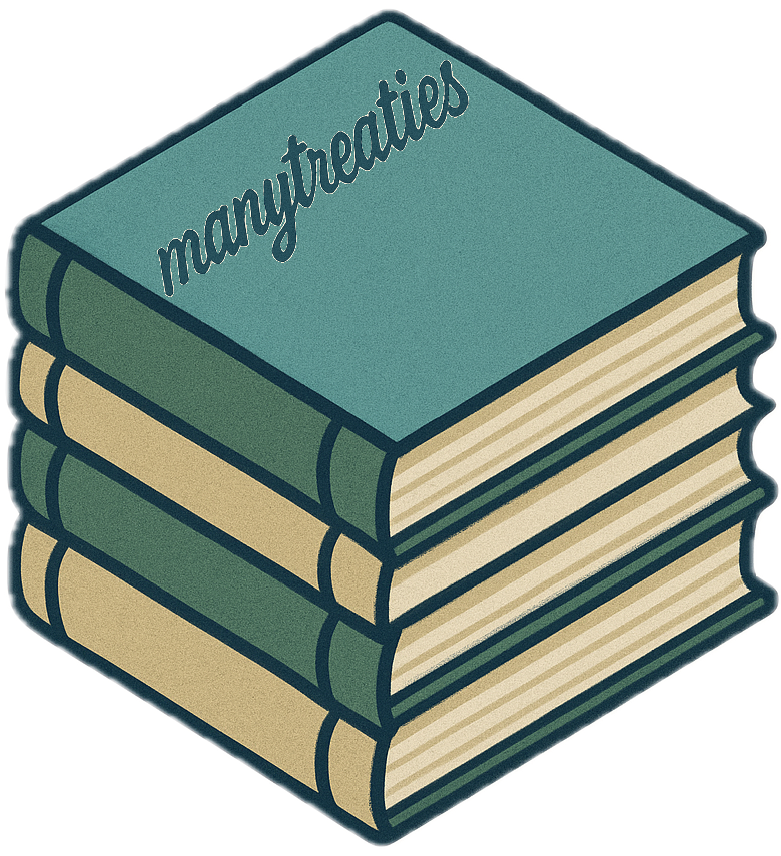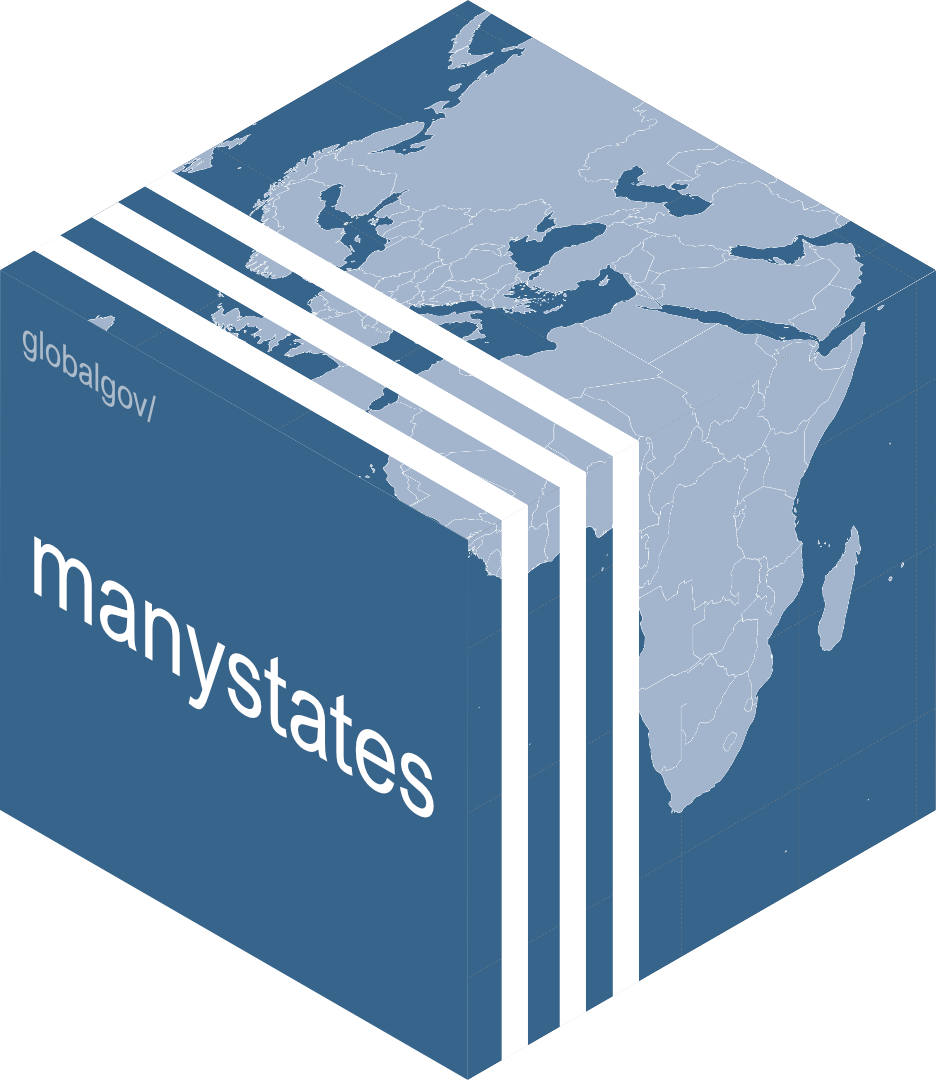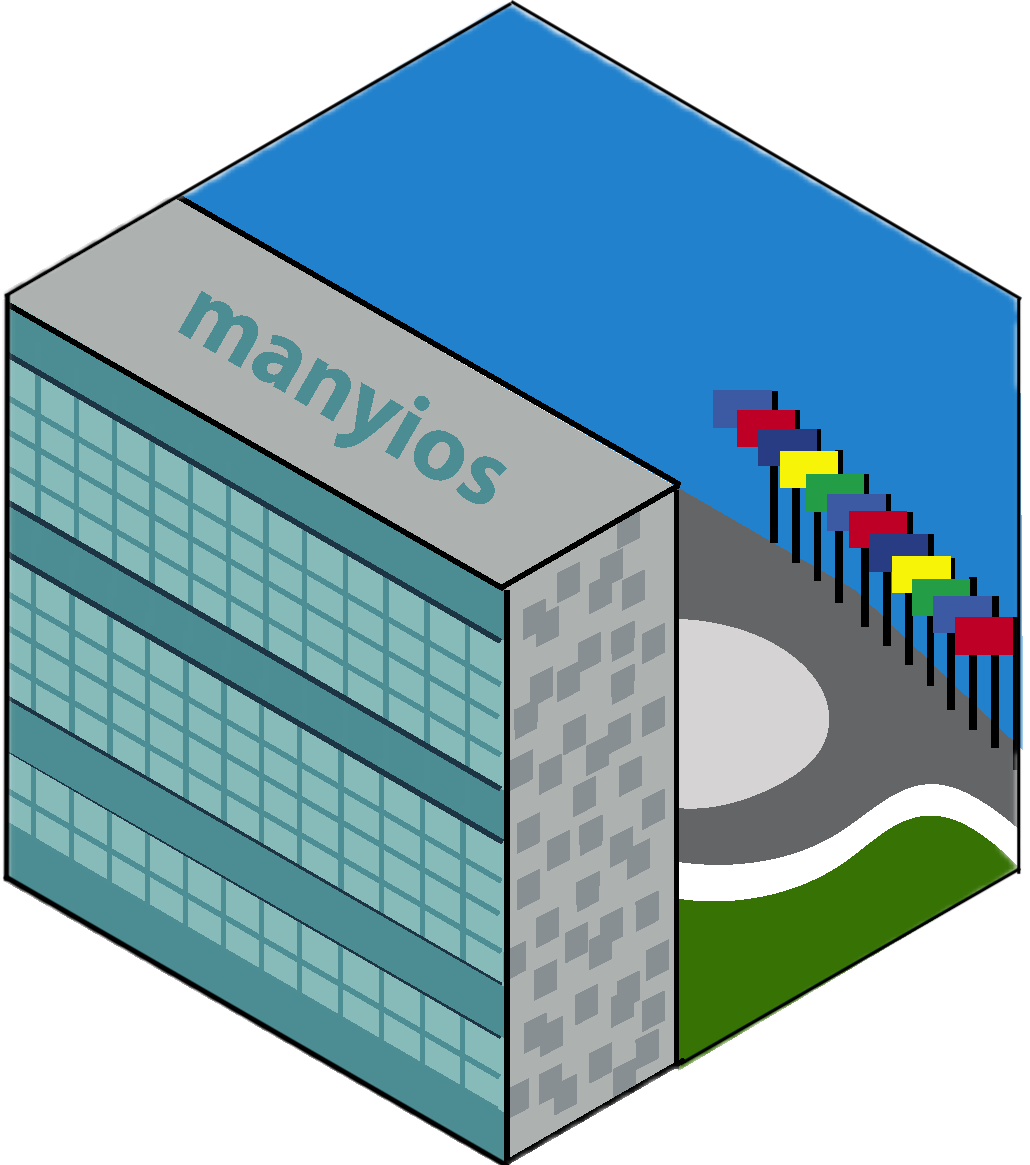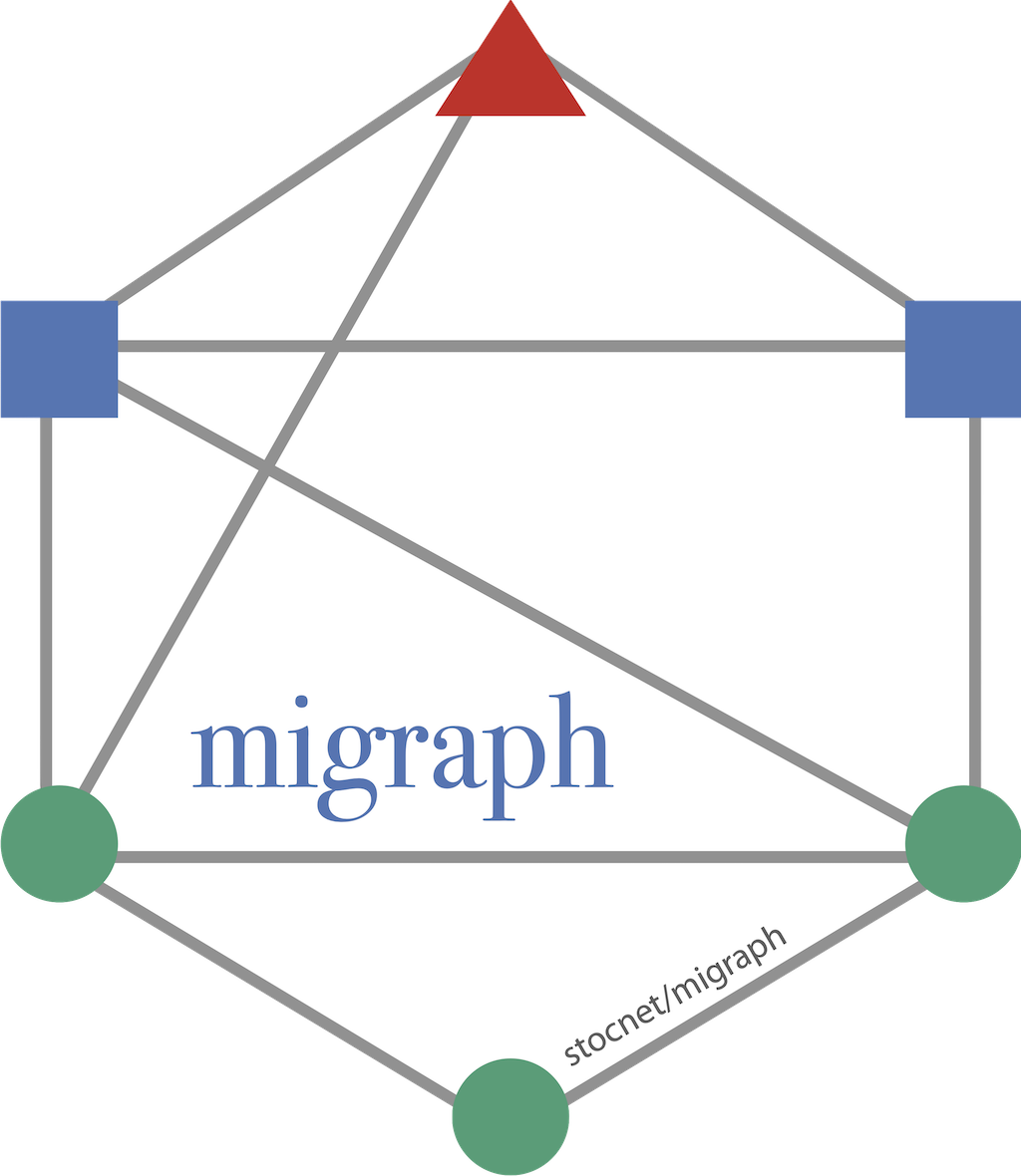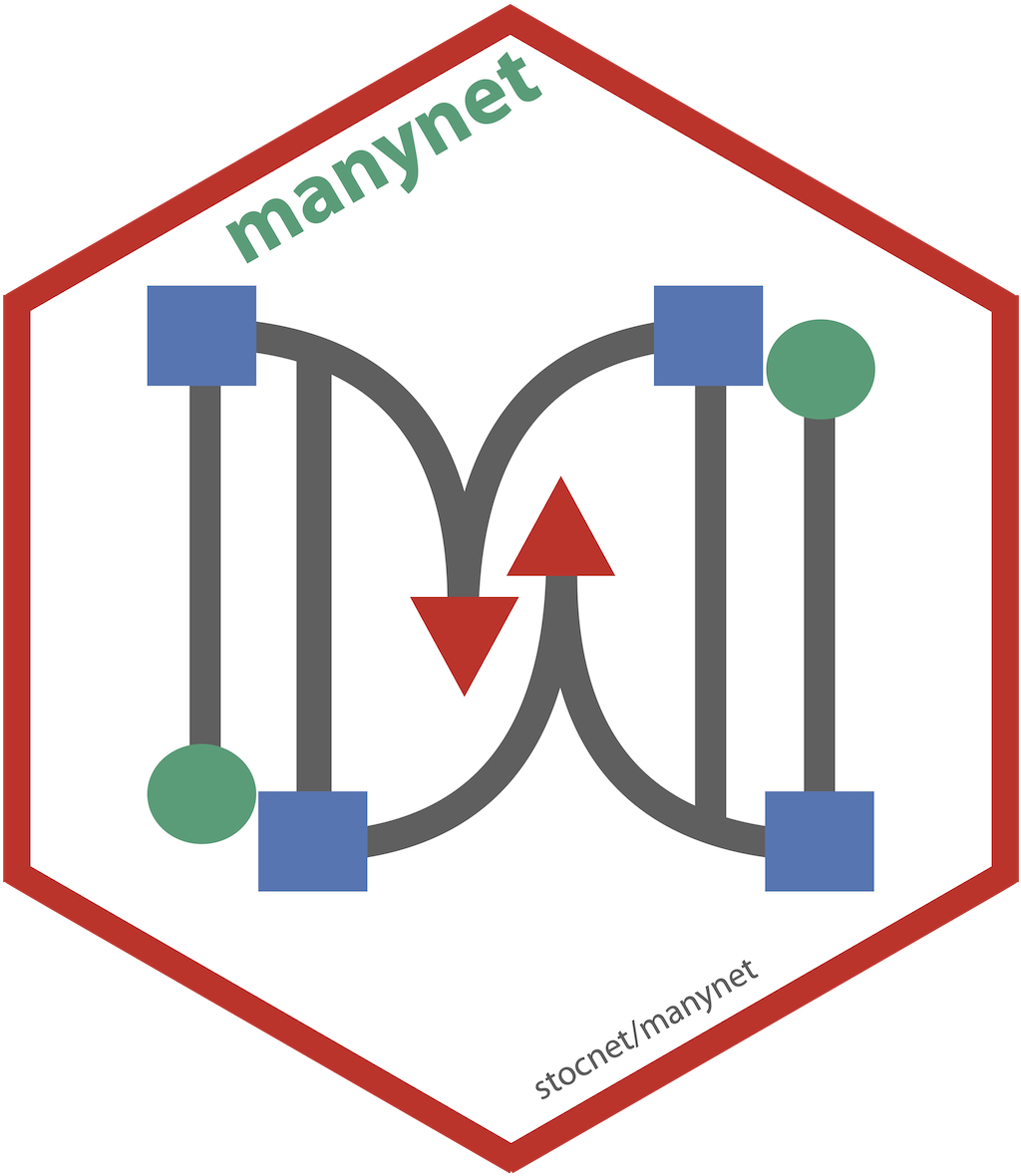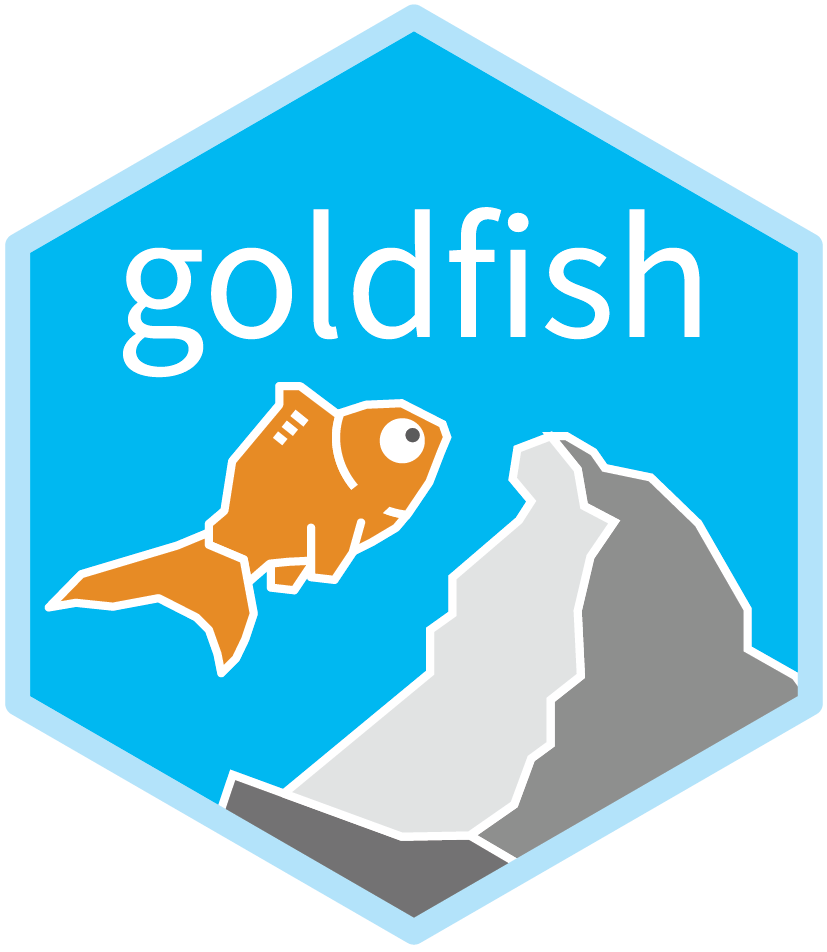Co-Director of the Global Governance Centre, Professor of International Relations and Political Science
Global Governance Centre
Graduate Institute of International and Development Studies
About
How can we institutionalise effective, resilient, and responsive international cooperation? Which designs work best in different domains, over the short term and the long term, and promote meaningful participation? How does the relationship of institutions to other institutions affect these and other outcomes?
In my research, I develop multilevel and dynamic theories, methods, and data to help us better understand the implications of institutional and policy choices in various complex settings such as the global governance of fisheries, freshwater, trade, and health.
At the Geneva Graduate Institute, I direct the Global Governance Centre, teach international relations, political science, and interdisciplinary courses, and am principal investigator of the PANARCHIC project (Power and Networks and the Rate of Change in Institutional Complexes).
Interests
- Global Governance
- Political Methodology
- Political Networks
- Environment, especially Fisheries and Freshwater
- Trade
- Health
Areas
Theory
I collaborate with political scientists, economists, and organisational theorists to develop theory about how actors relate to each other and resources through institutions.
Empirics
Broadly speaking, I am interested in the governance of complex fields of social activity, such as the global governance of the environment, trade, or health.
Methods
Lastly, I contribute to the development and teaching of methods, especially statistical network methods, for use in researching social phenomena.
Multimodal Political Networks
Our book synthesizes new understandings of multimodal political networks: what they are, how to measure and analyze them, and what they can reveal about political structures and actions.
A primary purpose of this book is to draw the attention of political theorists and researchers to new theoretical, methodological, and substantive tools for extending political network research into new realms and revitalizing established domains.
Out now!
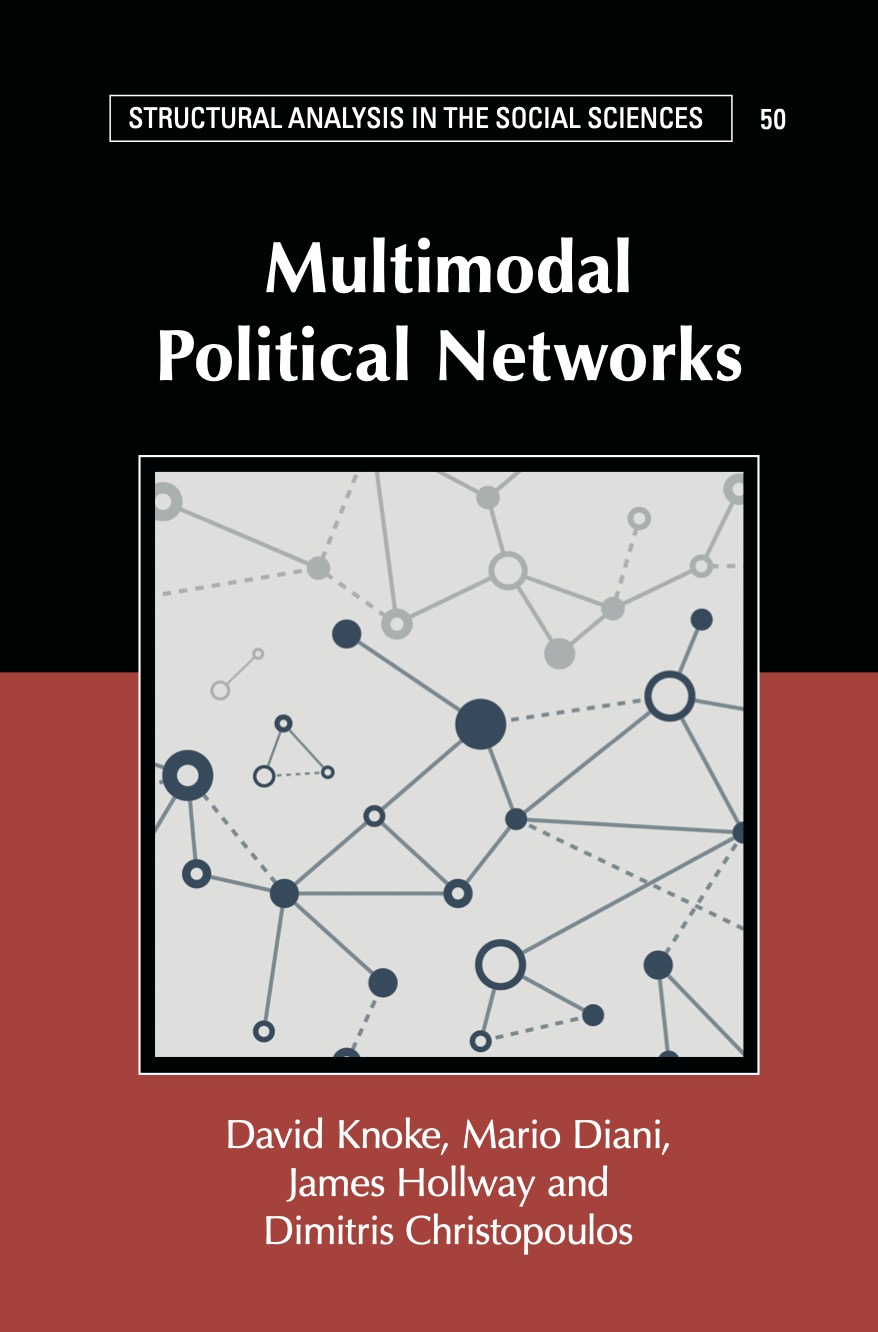
Software
Publications
Teaching
Supervision
I am happy to supervise masters and doctoral dissertations on a fairly broad range of topics, theories, and methods. To give you a sense of the range, here are some snippets of dissertation titles I have supervised in the last few years:
- “Network formation among transnational black liberation movements“
- “Government influence over interlocking Chinese boards“
- “The EU’s path towards a circular economy for plastics”
- “Stakeholder perspectives on the Arctic Council”
- “Integrating human rights principles in environmental protected areas”
- “Sustainable sources of MPA funding in the Mediterranean”
- “Swiss discourse on agriculture’s multi-functionality”
- “River basin treaty effectiveness”
- “Assessing disaster response institutions’ effectiveness”
- “Why marginalized groups in Nepal do not have equal WASH access”
- “A network analysis of international arms control law”
- “Norway’s bilateral REDD+ partnership strategy”
- “Cities’ climate change city-to-city network participation”
- “Cooptation of Maori fishing claims into NZ’s Quota System”
- “Creating legibility in war: A case study of conflict in Syria”
- “An analysis of the EU Climate Change Adaptation Policy”
- “The energy regime complex’s evolving architecture”
- “UNEP’s role in designing environmental public-private partnerships”
Please contact me below if you are interested in discussing potential supervision of your project.
Contact
- Chemin Eugene-Rigot 2A, Geneva, GE 1211
- Enter second petal/building directly from the street. Take the stairs/elevator on your left to 6th floor. Turn left at the kitchen and my office (P2-639) is about half way down the left-hand (UN) side of offices.
- Tuesdays 14:00 to 16:00
- Book an appointment


